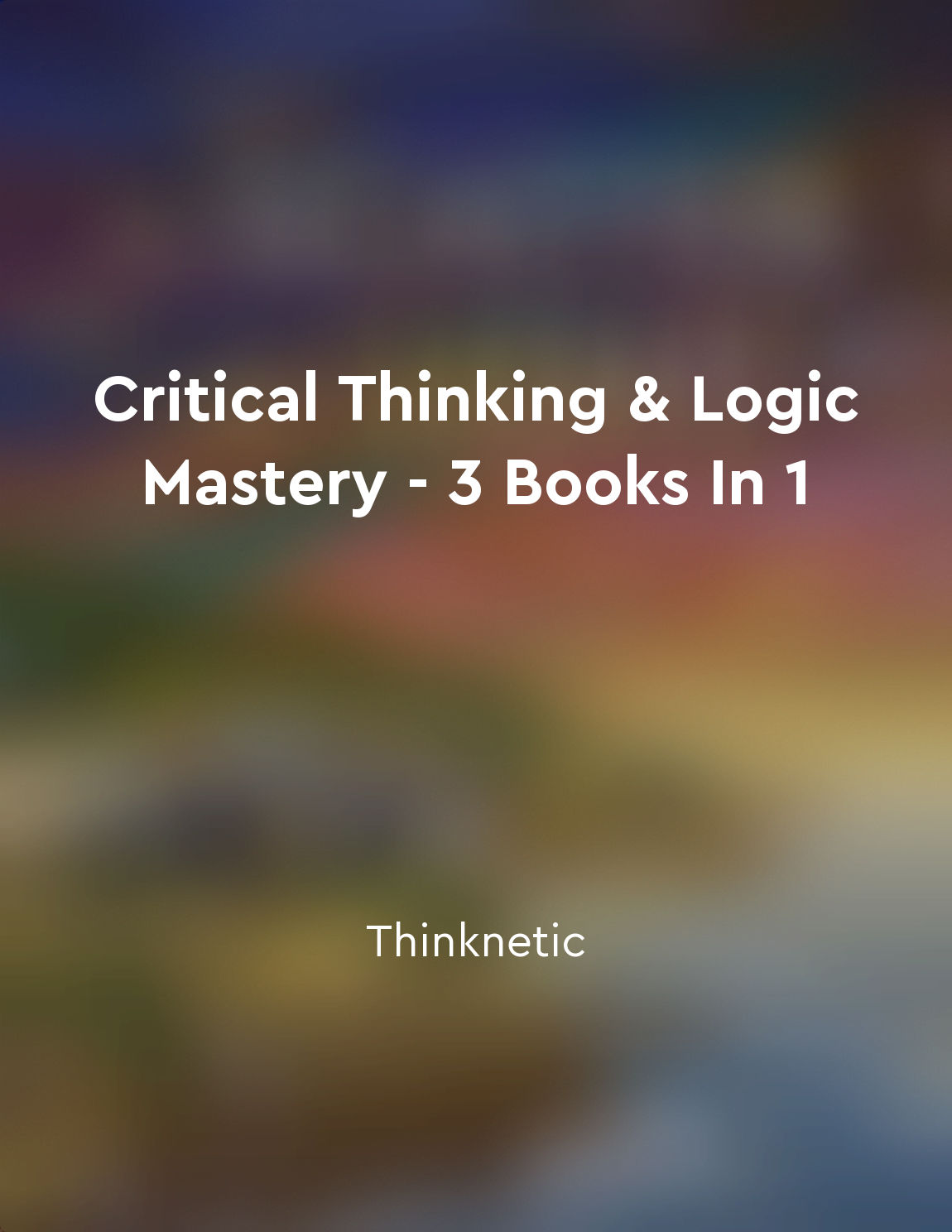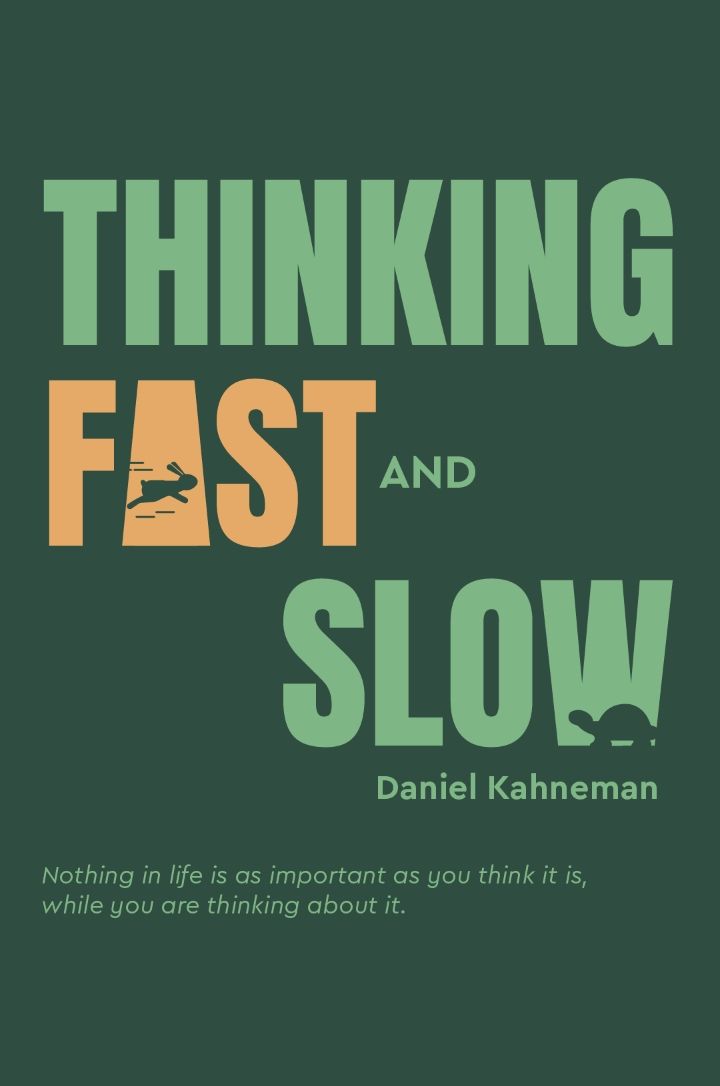Audio available in app
Anchoring effect shapes our numerical estimates from "summary" of Thinking, Fast and Slow by Daniel Kahneman
The anchoring effect is a cognitive bias that influences our numerical estimates. When we are asked to make a judgment about a quantity, we often start by considering a number that is suggested by the question, which then serves as an anchor for our final estimate. This initial anchor can have a powerful impact on our subsequent judgments, even if the anchor is completely random or irrelevant to the question at hand. In one study, participants were asked to spin a wheel of fortune that was rigged to land on either 10 or 65. They were then asked to estimate the percentage of African countries in the United Nations. Surprisingly, those who landed on 10 guessed around 25%, while those who landed on 65 guessed around 45%. The arbitrary number they landed on influenced their estimates, even though it had no logical connection to the actual percentage of African countries in the UN. Another example of the anchoring effect is seen in real estate negotiations. When a seller sets a high asking price for a house, potential buyers are anchored to that number and are more likely to make lower offers. Conversely, when a seller sets a low asking price, buyers are anchored to that number and are more likely to make higher offers. In both cases, the initial anchor significantly shapes the final outcome of the negotiation. The anchoring effect is a result of the automatic, intuitive thinking process that our brains use to make quick judgments. This process often relies on mental shortcuts and heuristics, which can lead to errors in judgment. By being aware of the anchoring effect, we can make more accurate numerical estimates by actively questioning and adjusting our initial anchors. However, this requires conscious effort and the willingness to override our natural tendency to rely on the first number that comes to mind.Similar Posts

Relying on evidence leads to more sound conclusions
When it comes to making conclusions or decisions, it is crucial to rely on evidence rather than on assumptions or emotions. Evi...
Our brains can trick us into thinking we are right
Our brains can trick us into thinking we are right. This is a concept that has been explored in various studies and research, s...

Anticipating objections and addressing them preemptively enhances persuasiveness
When it comes to persuading others, one powerful strategy is to anticipate objections that may arise and address them before th...
Accept that money is a tool, not a measure of worth
Money is a funny thing. We often think of it as a measure of our worth. But in reality, money is just a tool. It's a tool that ...
Understanding individual money scripts is important
One must recognize the significance of understanding individual money scripts. These scripts are deeply ingrained beliefs and a...
Seeking professional advice can be beneficial
When it comes to managing our finances, seeking professional advice might not be the first thing that comes to mind. We often b...

Curiosity can be a strong motivator
Curiosity can be a strong motivator. It's like a mental itch that demands to be scratched. A question mark that begs for an ans...
Considering alternatives can enhance decisionmaking
When making decisions, it is important to consider multiple alternatives rather than simply choosing between a few options. Thi...
Prospect theory illustrates how investors weigh potential gains and losses unequally
Prospect theory, a concept developed by Kahneman and Tversky, sheds light on how investors tend to evaluate potential gains and...
Practicing mindfulness can enhance our cognitive abilities
When we talk about enhancing cognitive abilities, the concept of mindfulness comes into play. The practice of mindfulness invol...

